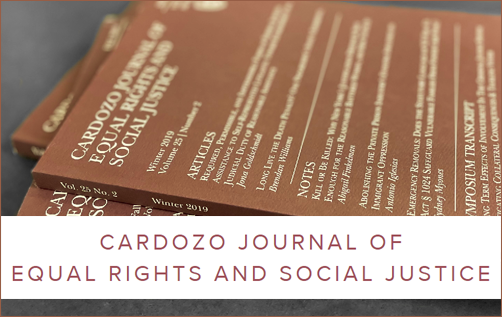Document Type
Blog Post
Publication Date
2-12-2024
Abstract
James Kimmons worked at a Charter Communications call center. He suffered cataracts in both eyes, which made it difficult to drive in the dark. Kimmons requested a modification to his work schedule, seeking permission to work earlier hours so he could commute home in the daylight. Notably, the work-schedule accommodation Kimmons sought is one that many other Americans may need, as 22.8% of all working age adults are considered accommodation-sensitive and 47% to 58% “of those who would actually benefit from a workplace accommodation do not receive one.” His employer granted his request for a short period of time but ultimately refused to extend the accommodation, arguing that the call center was under no obligation to change his schedule under the Americans with Disabilities Act (ADA). Kimmons filed a complaint with the Equal Opportunity Employment Commission (EEOC), which prompted the Commission to initiate litigation on his behalf. While the district court ruled in favor of Kimmons’ employer, the Court of Appeals for the Seventh Circuit recently held for Kimmons.
This post was originally published on the Cardozo Journal of Equal Rights and Social Justice website on February 12, 2024. The original post can be accessed via the Archived Link button above.
Recommended Citation
Gatcliffe, Jack, "Can the ADA Protect Persons with Disabilities in Their Ability To Get to Work?" (2024). Cardozo Journal of Equal Rights and Social Justice (ERSJ) Blog. 65.
https://larc.cardozo.yu.edu/ersj-blog/65



